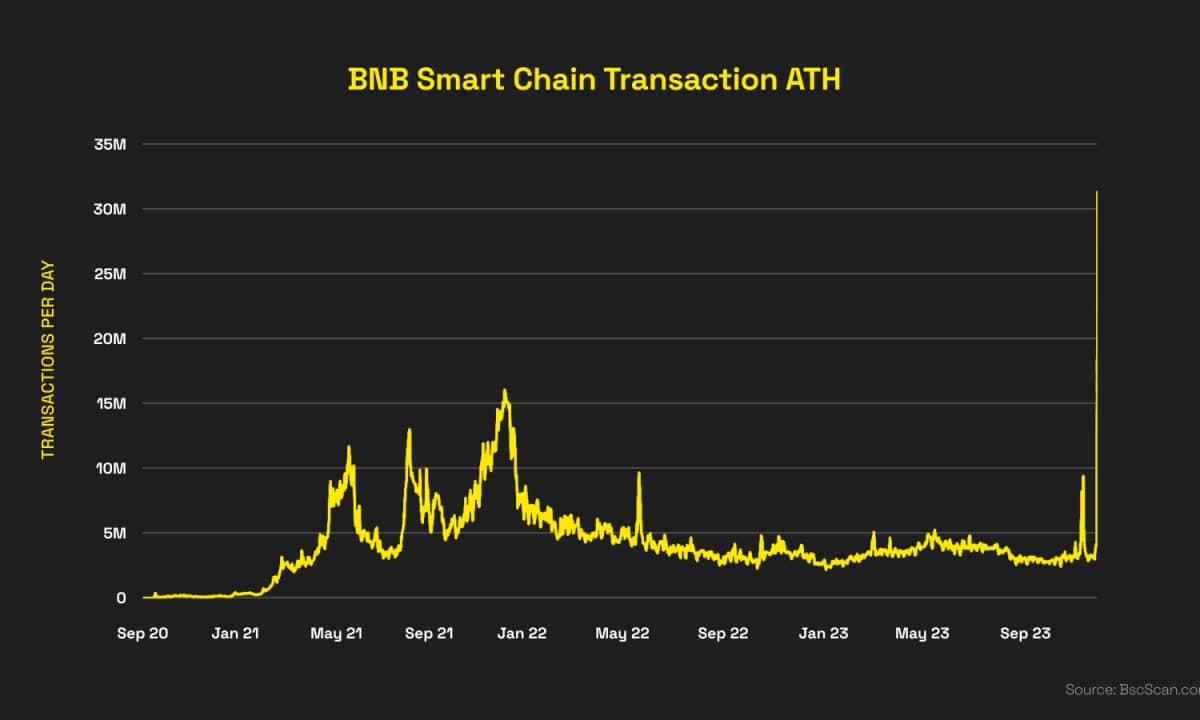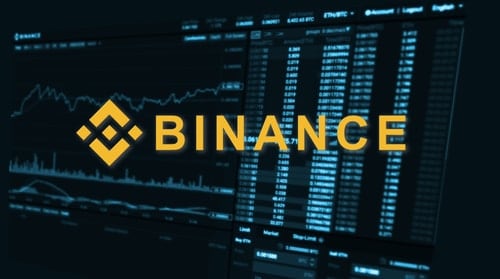Large Bitcoin Investors Persist in Accumulation as Short-term Holders Begin to Sell: CryptoQuant
Recent analysis from on-chain intelligence platform CryptoQuant has found that large entities’ total bitcoin (BTC) holdings have grown to a level last seen in July 2022 due to their unwavering accumulation of the digital asset.
According to CryptoQuant’s weekly crypto report, the BTC holdings of these entities have grown significantly from 3.694 million in December 2022 to 3.964 million at the time of writing. Analysts said large investors expanding their holdings correlate with BTC’s higher prices as they indicate increasing demand for investment purposes.
Large Entities Continue BTC Accumulation
Some large entities accumulating BTC are the new spot Bitcoin exchange-traded funds (ETFs), excluding Grayscale’s GBTC. They have become a primary demand source for the leading digital asset, holding approximately 300,000 BTC at the time of writing.
Although a few large entities have offloaded their assets in large quantities, selling as much as 300,000 BTC per day in the last few days, the new ETFs and other major holders have absorbed the BTC.
While large entities continue accumulating, Bitcoin miners’ selling activity has remained low. CryptoQuant analysts found that daily selling by miners has been less than 100 BTC in the last few weeks, a stark contrast from November-December 2022 levels of 1,000 BTC and above.
“Miner selling activity has remained low as higher Bitcoin prices have somehow offset the sharp decline of transaction fees. Miner Profit/Loss Sustainability is now signaling miners are being fairly paid after they were extremely underpaid in early January (blue area), when the Bitcoin price declined to $38K,” CryptoQuant said.
Short-term Holders Start Offloading
On the other hand, short-term BTC holders, who are traders, have begun to sell their assets to realize high profits recorded as BTC surged past $50,000. The unrealized profit margin of this cohort of investors rose substantially as BTC crossed the $50,000 mark, although it is still halfway from extreme levels.
The unrealized profit margin, currently at 22%, may signal a price correction at approximately 40%, as traders selling at a high-profit margin have historically triggered a decline. A price correction can also be triggered if the unrealized profit margin crosses below its 30-day moving average.
Meanwhile, the primary risks for BTC selling may come from short-term Bitcoin holders and derivative markets, as high funding rates have made opening new long positions expensive.
The post Large Bitcoin Investors Persist in Accumulation as Short-term Holders Begin to Sell: CryptoQuant appeared first on CryptoPotato.









